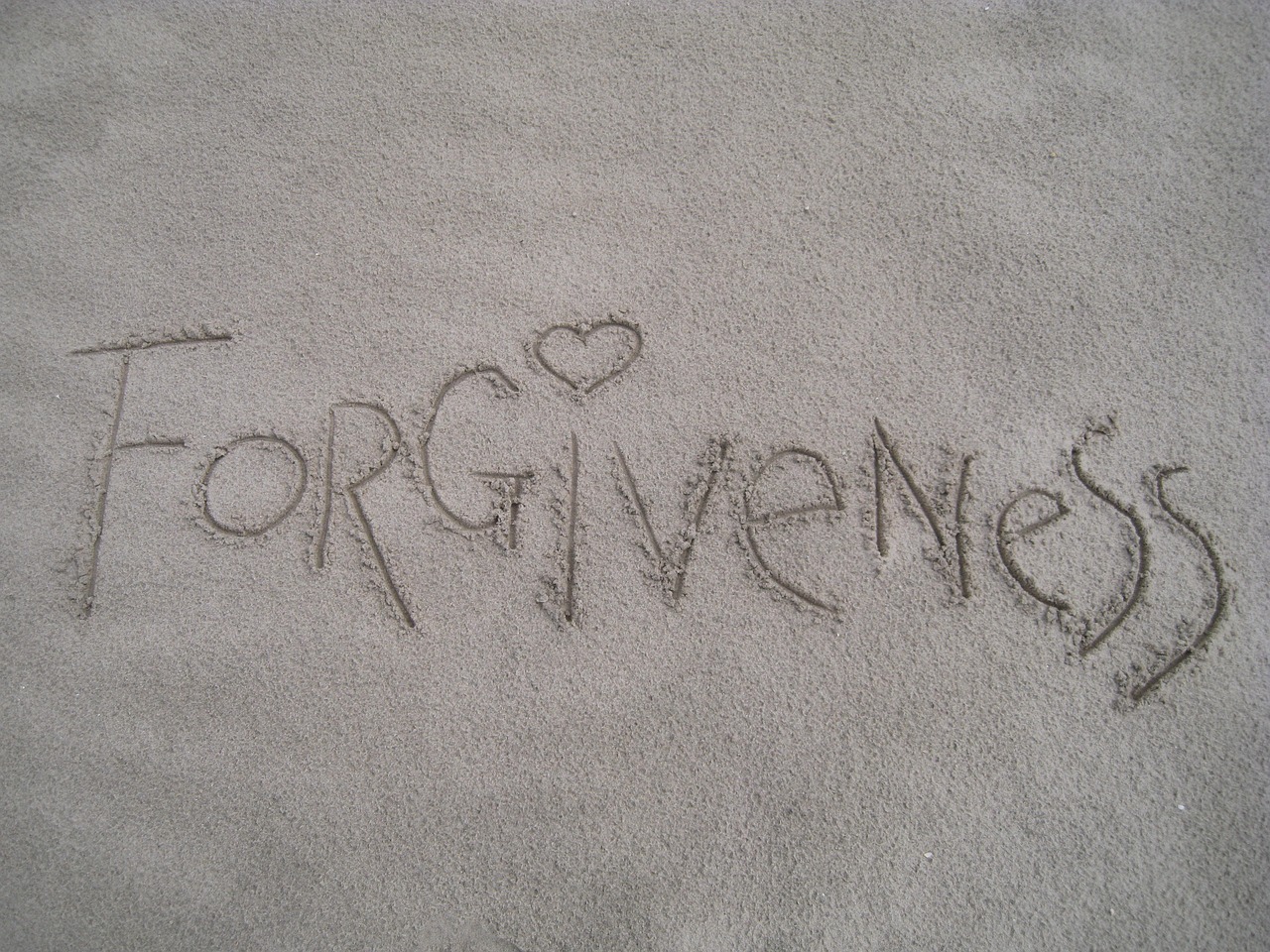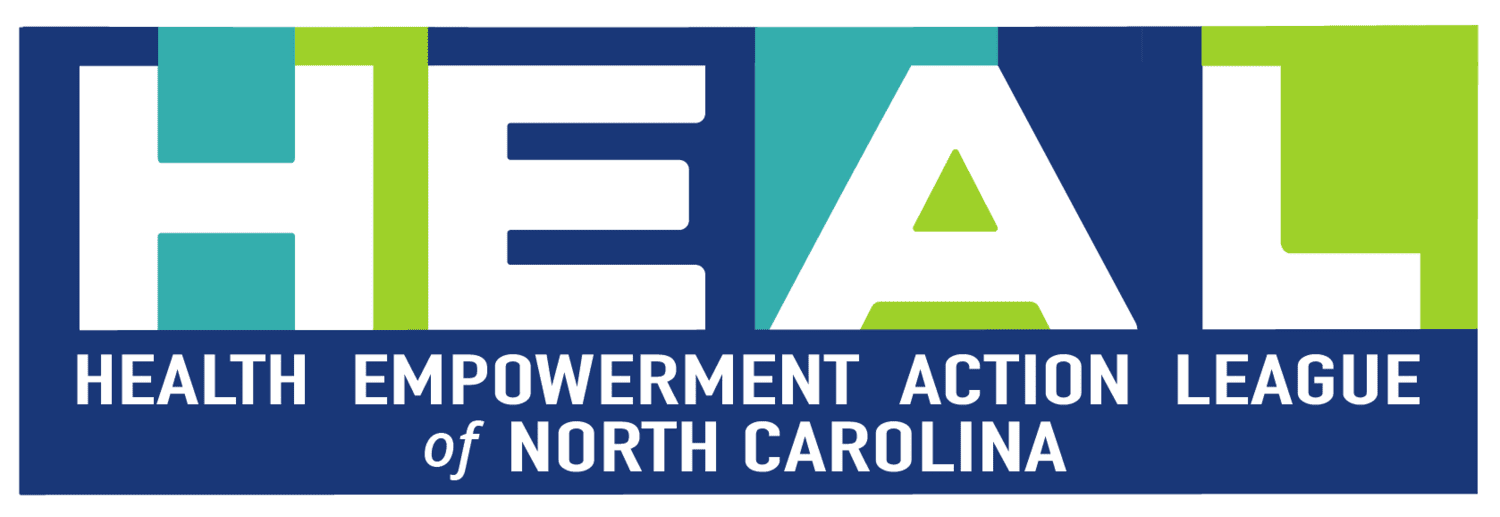
Ten People or Organizations You May Wish to Forgive Now
Ten People or Organizations You May Wish to Forgive Now
by Connie Domino, BSN, MPH, RN
HEALNC columnist Connie Domino is an author, life coach, public health educator, registered nurse, trainer and speaker. Her book is The Law of Forgiveness: Tap into the Positive Power of Forgiveness—and Attract Good Things to Your Life (Berkley Books, an imprint of Penguin and Putnam). She lives in Raleigh, NC with her husband and two cats. You can find her at conniedomino.com.Last month, in our newsletter, we began a series on forgiveness. We covered the amazing power of forgiveness to positively affect your physical, mental, and emotional health and to help you meet your goals. We also listed guidelines for forgiveness. This month, we will cover who you may wish to include on your forgiveness list. You know you need to forgive someone if you feel hurt or resentment when you think about this person. You should forgive everyone you can remember from the sandbox through today. Also, make a list of people you feel need to forgive you.
The list below will remind you of those you need to include on your personal forgiveness list. You will write their names on your list. Usually, the person you need to forgive most will come to your mind quickly. As you develop your list of those you wish to forgive, here are 10 people or institutions to jog your memory. You can complete this list in the privacy of your own home without contacting anyone unless you choose to. Next month, we will cover a simple technique to forgive people on your list, for people to forgive you, and for you to forgive yourself.
1. Parents
Parents are at the top of the forgiveness list for many people. Most parents did the best they could. However, even if they didn’t, you can tie up most of the energy you need to meet dreams and goals in your life by continuing to harbor anger and resentment toward your parents. Forgiveness does not mean they were correct in their actions that hurt you. Forgiveness is not something you do for others; it’s something you do for yourself. It releases the hold the past has on your life, allowing you to improve your health and meet your dreams and goals.
2. Spouses/Significant Others
This is a hot topic in my goal setting and forgiveness workshops. Sociologists who study the history of marriage tell us that there are at least two primary reasons so many of our marriages fail. One is that modern Americans are one of the most marrying societies in written history. We have more marriages than ever recorded, leading to more divorces than in the past. In addition, romantic relationships and marriage have been so romanticized in movies, advertisements, and television that we may expect more from our spouses than they can possibly deliver. This unique situation requires more communication, more patience, and more forgiveness than ever before.
3. Siblings and other relatives
Most siblings experience some type of rivalry. As adults, we may need some professional assistance to discern if the line was crossed between a normal amount of rivalry and whether the relationship was actually abusive. Forgiveness can provide great healing for anyone who has experienced an abusive relationship with siblings. You may need to forgive other relatives too. Maybe your children made you angry, didn’t meet your expectations, or never call or come to visit. Forgive your children. Life is much too short, and they are much too special.
4. Friends
It can be especially painful when you have been hurt by a friend. Friends are people you have made a conscious decision to be in a relationship with. The special relationship we develop with friends usually involves mutual trust. When we are betrayed by a friend, we may begin to question our ability to recognize qualities we hold dear, such as loyalty and honesty. We may wonder if we possess some sort of character flaw that makes us susceptible to attracting people who take advantage of our good nature. Forgiveness is especially important to heal when we are hurt by a friend.
5. Supervisor/Boss
People who work full-time may spend more waking hours at work than at home. When at home, most people have some authority over their routine, but at work, the boss is in control. When most people join the working world, it doesn’t take long to discover that a significant number of people in supervisory positions are not cut out for the job. Forgiveness, even on a daily basis, can become an important strategy for making peace with the boss.
6. Coworkers
There may be days when you feel more like you are in junior high school rather than an adult workplace. By the time most people are adults, they have developed set patterns for establishing their place in the tribal society we call “the workplace.” While many co-workers are actually helpful and supportive, there always seems to be at least one or two who are bent on taking the “fun” out of dysfunctional. If your work environment has become emotionally toxic, forgiveness can provide the scrubbing bubbles needed to clean it up.
7. Governments/public agencies and organizations
It’s easy to get mad at a non-personal entity such as a government or other public agency. It has become obvious that too many elected officials seem to have forgotten that it is the people who elected them that they represent and not lobbyists and their generous donors. Those trying to receive their services may feel like another number or just a statistic. Especially, the last four years have been a trying time in the Western world. When forgiving a government or public agency, it is important to remember that it is still people who make up the agency. It is still people who need to be forgiven.
8. Private businesses/agencies/organizations
As baby boomers, we were taught that if we were loyal, hardworking employees, we could expect to be taken care of by our employers with frequent raises, benefits, and a retirement package. My husband faithfully worked for a company for 25 years, until the leadership announced they were sending his job and others overseas. Along with many other American workers, we felt betrayed. It took my husband several years to land a job with a similar company. We had both forgiven all the people we could think of from our past and present, but had not thought of forgiving a company. When we fully forgave my husband’s company, the
company he wanted hired him within two weeks. Forgiveness works when directed at individuals and just as well when directed at businesses.
9. God/ Higher Power /Religions
I am always surprised by the people who claim to be angry with God. They believe that God should intervene constantly in human events, preventing bad things from happening to good people. They may be forgetting that it is free will that makes us distinctly human. This includes free will to do good or the free will to get into trouble. If given the choice, I believe most people would refuse to relinquish their free will, even if it came with a guarantee of a robotic but more peaceful existence. And, a robotic existence seems to be the path a small minority of leaders would like humanity to move towards. This is directly against God’s gift of free will. God provides an example by forgiving us and calls on us to forgive others. Instead of blaming God, we need to accept responsibility for our actions and hold others accountable for their actions. Forgiveness releases the past to make way for a more positive future.
10. Yourself
Some people have a difficult time forgiving themselves. They feel guilt and shame for events long past. They blame themselves and become their own worst enemy. When you begin working on your forgiveness list, don’t forget to place yourself at the top. Forgiving yourself will lighten your burden and make it so much easier to forgive others.THIS WEBSITE IS NOT INTENDED FOR PROVIDING MEDICAL ADVICE
